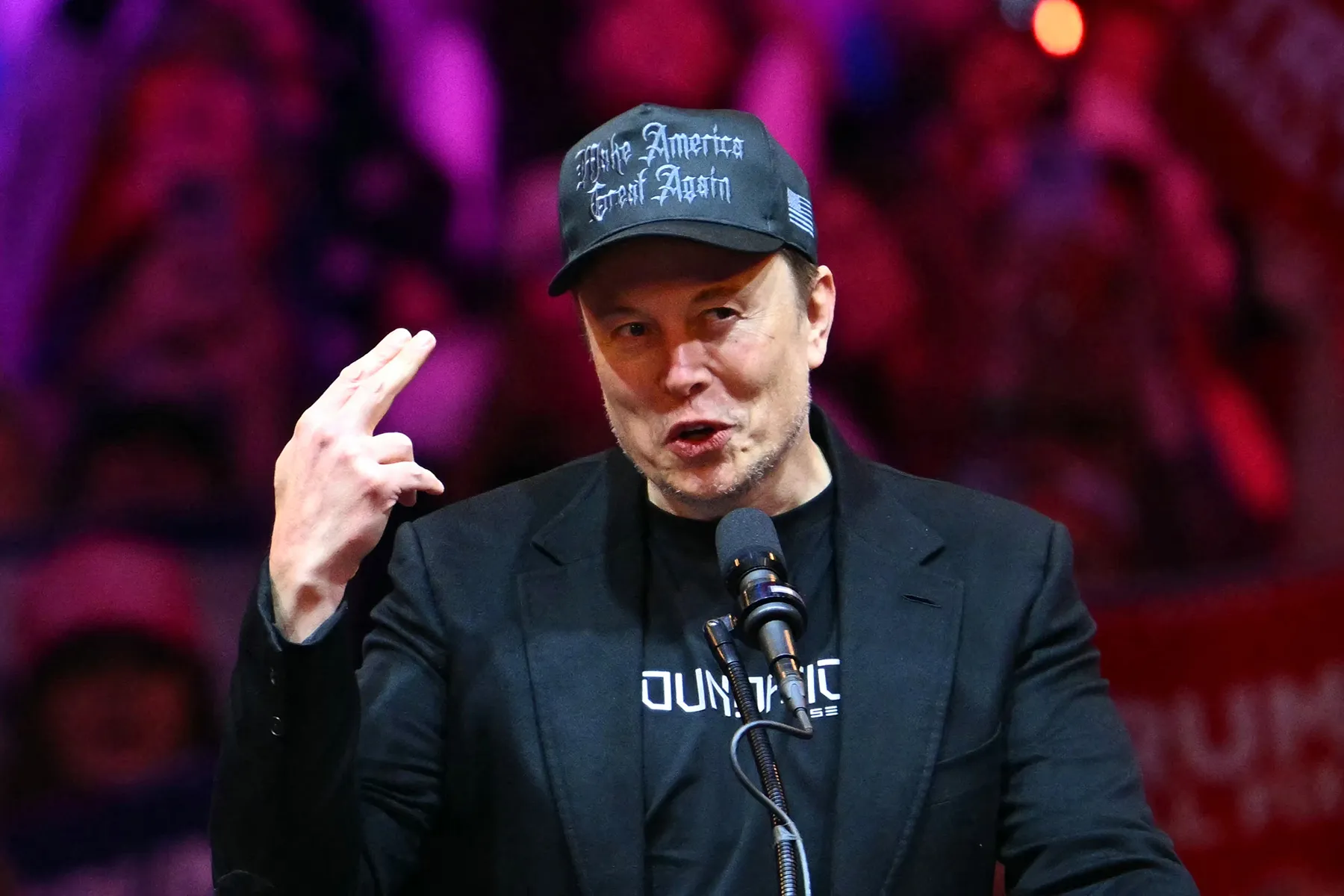Elon Musk’s Dominance: How His Presence Shapes the Landscape of X

As the presidential election approaches, Elon Musk’s influence on his social media platform, X, has become increasingly pronounced. The billionaire has effectively turned his account into the centerpiece of the platform, sharing his personal views and heavily campaigning for former President Donald Trump.
In the past month alone, Musk has posted over 3,000 times, including numerous unfounded claims about election integrity, suggesting that votes will be manipulated against Trump. His posts have garnered unprecedented reach and engagement, cementing his status as the most significant figure on X, with more than 202 million followers. This engagement has doubled in the past year, underscoring his role in shaping daily conversations on the platform, which has increasingly shifted to the right.
The implications of Musk’s central role on X, especially regarding the upcoming election, are substantial. Emerson Brooking, a senior fellow at the Atlantic Council’s Digital Forensic Research Lab, remarked on the danger of a partisan figure dominating such a powerful digital space. Musk and X did not respond to requests for comment, but last month, Musk proclaimed that X products were “the best thing on the Internet for truth.”
The Most-Followed Account on X
After acquiring X (formerly Twitter) for $44 billion in 2022, Musk quickly established himself as the platform’s most powerful user. He surpassed former President Barack Obama in March 2023 to become the most-followed individual, and his follower count has since surged by 52%. In contrast, Obama’s following has declined slightly.
During a two-week span in October, Musk’s posts achieved an average of nearly 65,000 engagements, a stark increase from approximately 30,000 the previous year. While Obama’s posts generated a total of 573,000 reposts over a similar period, Musk’s posts were reshared nearly 11 million times, highlighting the unique attention his account receives.
Musk’s posting frequency has also skyrocketed. In June, he made 504 posts, but by September, that number exceeded 1,000 per month, greatly amplifying his presence on the platform.
Amplifying Disinformation
Musk’s account has recently been a vehicle for political discourse, often featuring misleading claims about the upcoming election. According to the nonpartisan fact-checking organization PolitiFact, Musk has spread conspiracy theories alleging widespread electoral fraud and illegal voting practices. In the first two weeks of October, posts promoting these false narratives reached approximately 679 million views and received over 5.3 million likes.
Critics, like conspiracy theory expert Mike Rothschild, argue that Musk’s platform enables and proliferates harmful disinformation, positioning him as a major contributor to the spread of baseless claims.
A Platform with No Escape
For users of X, escaping Musk’s influence seems increasingly difficult. When new accounts are created, Musk is frequently among the first recommended accounts to follow. During a recent investigation, The New York Times found that Musk’s presence was ubiquitous, even among users who did not follow him.
Following a post from President Biden that received more engagement than one of his own, Musk allegedly pressured X teams to enhance his visibility. Subsequently, the platform’s recommendation algorithm included a directive prioritizing Musk’s posts.
Brooking noted that as fewer distinct voices emerge, almost everyone engaging on the platform inevitably gets drawn into Musk’s orbit.
In Pennsylvania, a state where Musk has campaigned vigorously for Trump, many users reported seeing Musk’s posts in their timelines, despite not following him. These included a variety of content, from pro-Trump memes to accusations against Vice President Kamala Harris.
The overwhelming presence of Musk has sparked frustration among some users. Jakob Fallat, a college student, expressed that while he recognizes Musk’s intelligence, he should not see Musk’s posts if he doesn’t follow him. Another student, Jack Dugan, noted the repetitive nature of Musk’s content, stating, “It’s pretty much all he posts now: ‘Trump, Trump, Trump.’”
As Musk continues to shape the dialogue on X, the intersection of social media and politics raises critical questions about influence, information integrity, and the digital landscape in an election year.






